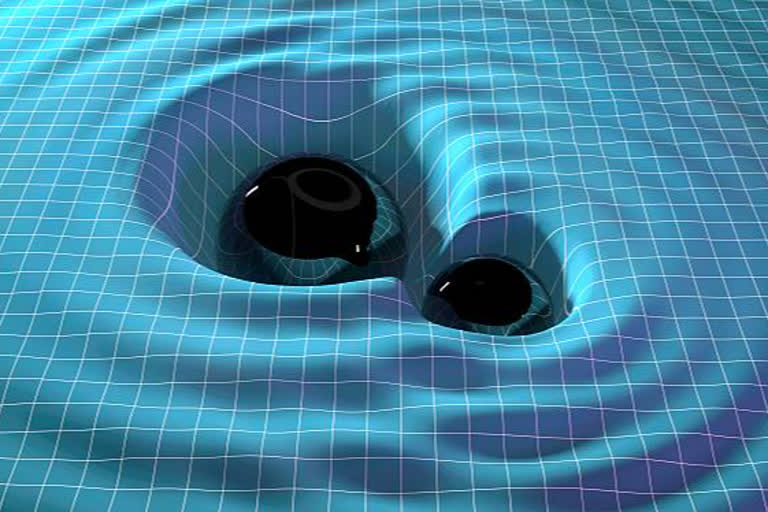New Delhi: In a new study, two University of Chicago astrophysicists laid out a method for using pairs of colliding black holes to measure how fast the universe is expanding, and thus understand how the universe evolved, what it is made out of, and where it's going.
In particular, the scientists think the new technique, which they call a “spectral siren”, may be able to tell us about the otherwise elusive “teenage” years of the universe. The findings of the study were published in the journal Physical Review Letters.
Also read: Oxygen with magnets may help astronauts breathe easy
A major ongoing scientific debate is exactly how fast the universe is expanding - a number called the Hubble constant. The different methods available so far yield slightly different answers, and scientists are eager to find alternate ways to measure this rate. The new study offers a way to make this calculation, using special detectors that pick up the cosmic echoes of black hole collisions. (ANI)



